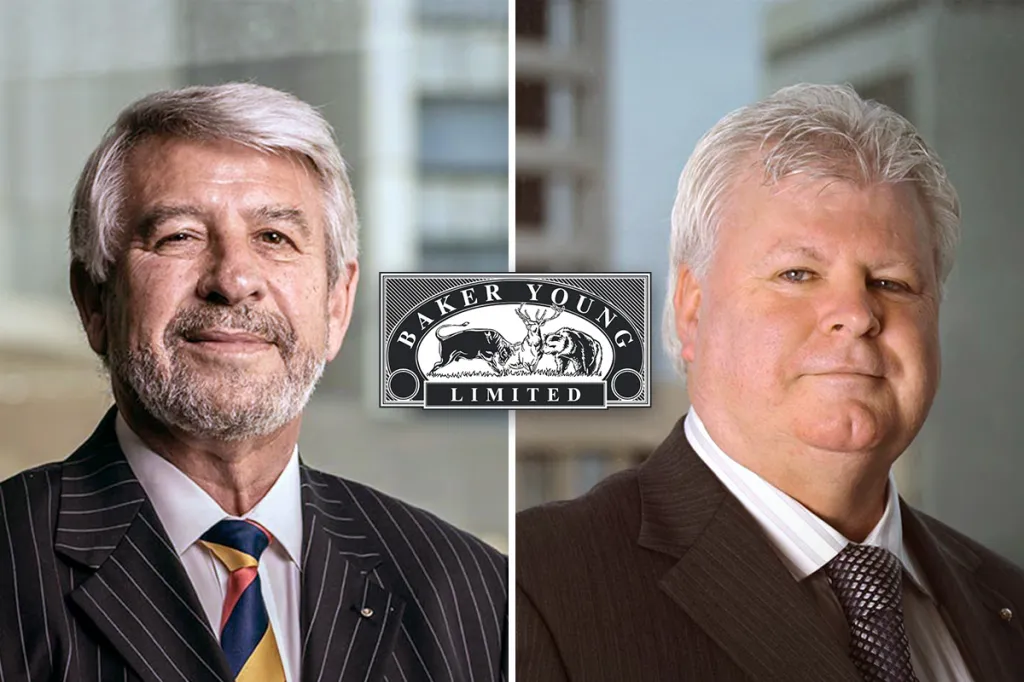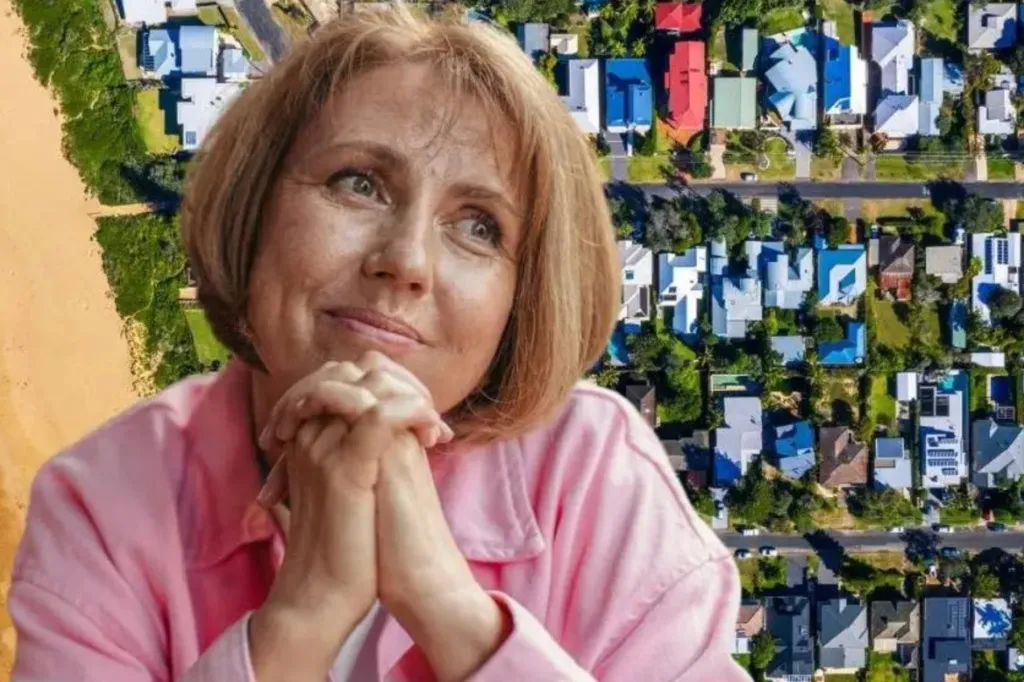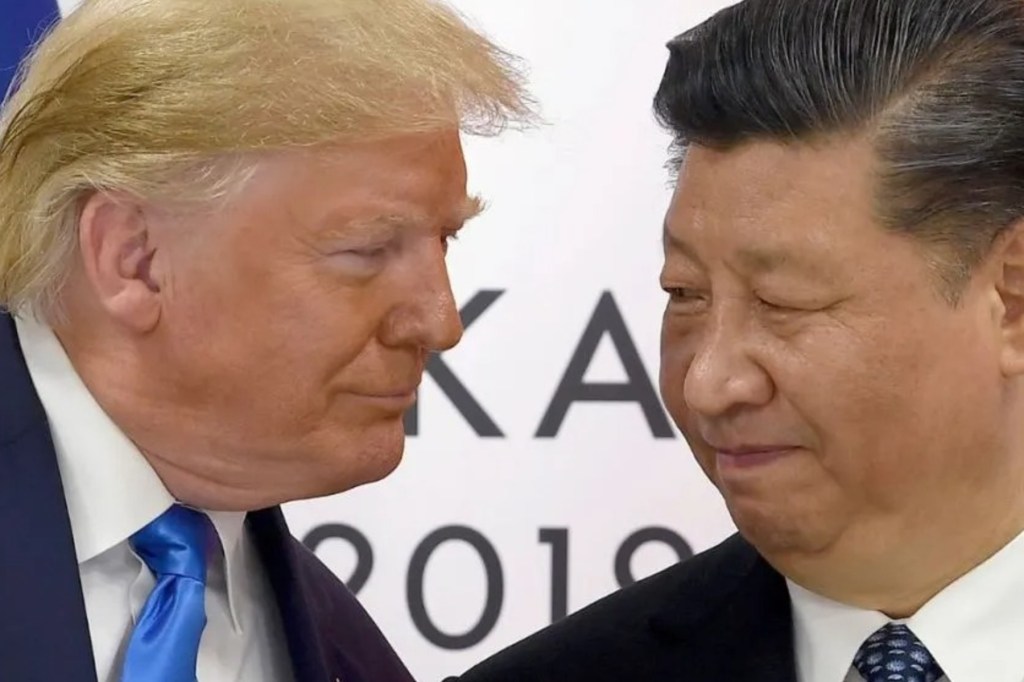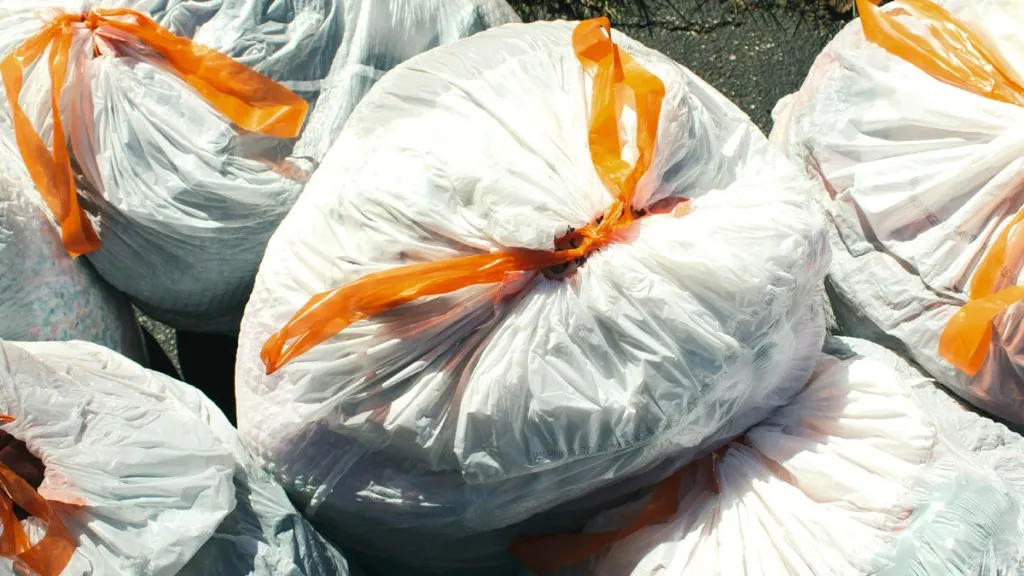‘Still a long way to go’ despite breakthrough at Whyalla
There’s cautious optimism out of Whyalla on the news that the city’s blast furnace has cast its first steel following a four-month shutdown, but the plant’s owner warns it’s not out of the woods just yet.
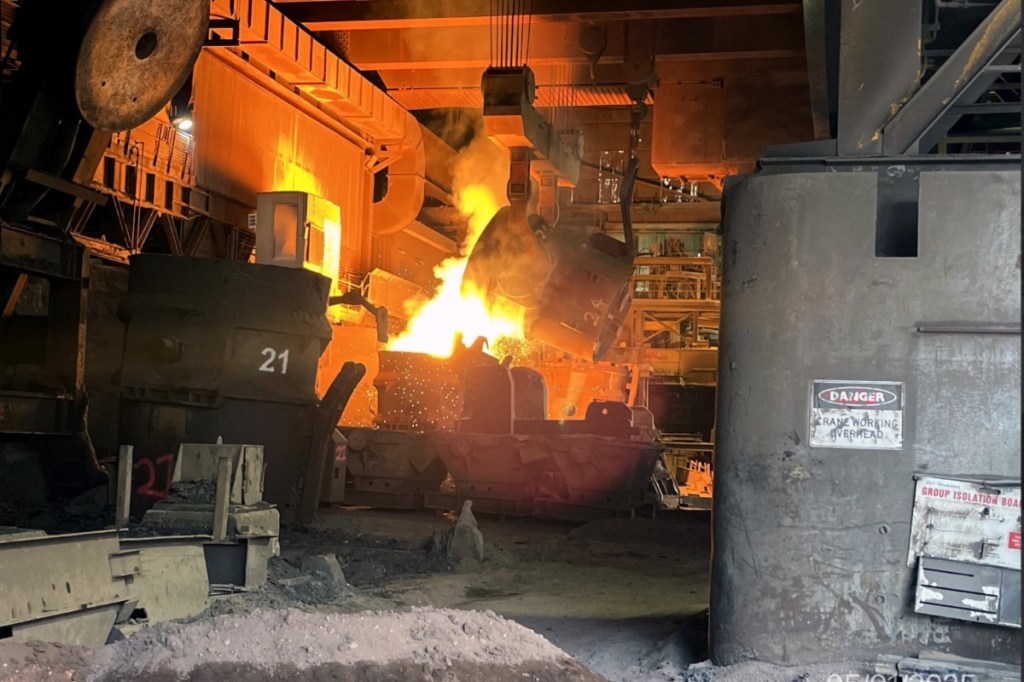
A four-month shutdown of Whyalla’s steelworks which led to job losses at plant owner GFG and weighed heavily on the mind of South Australian Premier Peter Malinauskas has come to a close, with steel finally being cast at the facility over the weekend.
It means the steelworks’ blast furnace has been fixed for the second time within the past six months, making a “significant milestone in the ongoing monumental effort…to rescue the plant” according to British industrialist billionaire Sanjeev Gupta’s GFG.
But GFG chief manufacturing officer Theuns Victor warned there was still “a long way to go before the plant is stable and secure”.
“The blast furnace is currently running at half its capacity with a number of issues yet to be resolved,” Victor said.
“At the same time we are also tackling challenges in the rest of the plant and will soon enter the EPIC Energy natural gas lateral shut down for 2-3 weeks which will add further complexity to the operations.
“Despite this, I am very confident we will deliver the plant to stability and then to its full capacity, but this will take time and patience.”

Steel rolls off the production line on Sunday, 5 January 2025. Photo: Supplied.
The steelworks’ blast furnace went offline for a second time in 2024 in September, leading the state government to seek advice on what to do if the Whyalla plant fell into administration for the second time in a decade.
You might like
The second shutdown also came amid reports that GFG owed tens of thousands of dollars to contractors and the state government telling parliament that the company owed it unpaid royalties.
Further, both of GFG’s rail haul providers – Aurizon and Pacific National – ceased providing services to the company for non-payment.
All this led to Premier Malinauskas telling reporters on Christmas Eve that the issues at the steelworks were weighing on his mind and occupied “a significant amount of government effort and time”.
“It feels a bit like two steps forward, one step back,” he said.
Today, GFG executive chairman Sanjeev Gupta said the company had “deployed our best resources to rescue Whyalla and I am pleased to see the first real sign of progress towards our goal to return the plant to full production and then back to black”.
“This is nothing less than a Herculean undertaking, steel plants of this vintage don’t do well being shut for four months,” he said.
“I commend our team for their dedication and perseverance despite ongoing headwinds and challenges. In addition to my team, I want to thank all stakeholders who have been supportive of our mission, especially customers, vendors and suppliers who are bearing with us on this journey.
“I would like to reassure them that my commitment to Whyalla remains steadfast and we will not rest until we bring the business back to black for the long-term prosperity of all our stakeholders. Back to black is the critical foundation on which our incredible aspirations to build a green steel future for Whyalla and GFG rest.”
Energy and mining Minister Tom Koutsantonis said the resumption of steelmaking at Whyalla was a “return to status quo”, and that the past six months were “a good learning episode for the owners of the blast furnace”.
“This is a piece of equipment that likes to be run hard and continuously, and they’re not designed to be stopped and started. Getting this back up and running again is a testament to the spirit of the workforce in Whyalla,” Koutsantonis said.
Stay informed, daily
“Whyalla is the most strategic city in South Australia, if not the country. It’s the last place in this island nation where we make structural steel. It’s vitally important to our long-term economic sovereignty.
“I hope we never go through this again and I hope we never see a situation where the blast furnace is either cranked down or turned off again.”
Whyalla Mayor Phill Stone was upbeat, saying: “I don’t think you could ask for a better start to 2025 than this for the Whyalla community”.
“As GFG have said, they’re not out of the woods yet with a number of challenges still to overcome to resume full production, but to have steel coming out of the caster is a major milestone after the past few months, which have really taken a toll on the morale of the whole city, so this is truly positive news,” Stone said.
“On behalf of Whyalla, I’d like to thank those committed steel workers who have battled tirelessly around the clock to achieve this major milestone – we all continue to support them as they work to ramp up to full production.
“From there, we urge GFG to demonstrate an achievable and deliverable long-term plan for their transition from carbon-based steelmaking, with realistic timeframes and milestones so the community understands what to expect over the coming years.”
State MP for Whyalla Eddie Hughes, who was previously critical of Gupta’s purchase of luxury real estate while contractors were owed money from GFG, said today that it was a positive that “at least we are producing our iron”.
“But we want to see the blast furnace run at capacity or near capacity…so there’s still some more work to be done, but it’s certainly a step forward compared to where we were over most of the past year,” Hughes told ABC Radio Adelaide.
“The people of Whyalla will judge by results. Given what the people of Whyalla have been exposed to over an extended period of time… people will definitely judge on the basis of delivery, not what is said.
“Confidence has taken a real knock. This has not been an easy time. The job losses that have occurred and the uncertainty about the future has had a profound impact on the community. We need to rebuild their confidence and we’re only going to rebuild their confidence based on delivery.”
The state opposition spokesperson for energy, Stephen Patterson, said there were a number of “key questions that remain unanswered”.
“When will contractors to GFG be paid in full? Are there any further slated job losses? When will the state government receive their overdue royalty payments? How will the delays at the steelworks affect the hydrogen plant?” he said.
“Peter Malinauskas has been distracted by his $700 million hydrogen plans and the last year has shown that he should have been concentrating on the existing operations at the steelworks as the best way to support the people of Whyalla.
“It’s also important to acknowledge that confidence in Whyalla has taken a serious hit – whether that be from job losses or the remaining uncertainty. This confidence can’t be re-instilled in the people of Whyalla through words alone, it needs to be done through action.”
